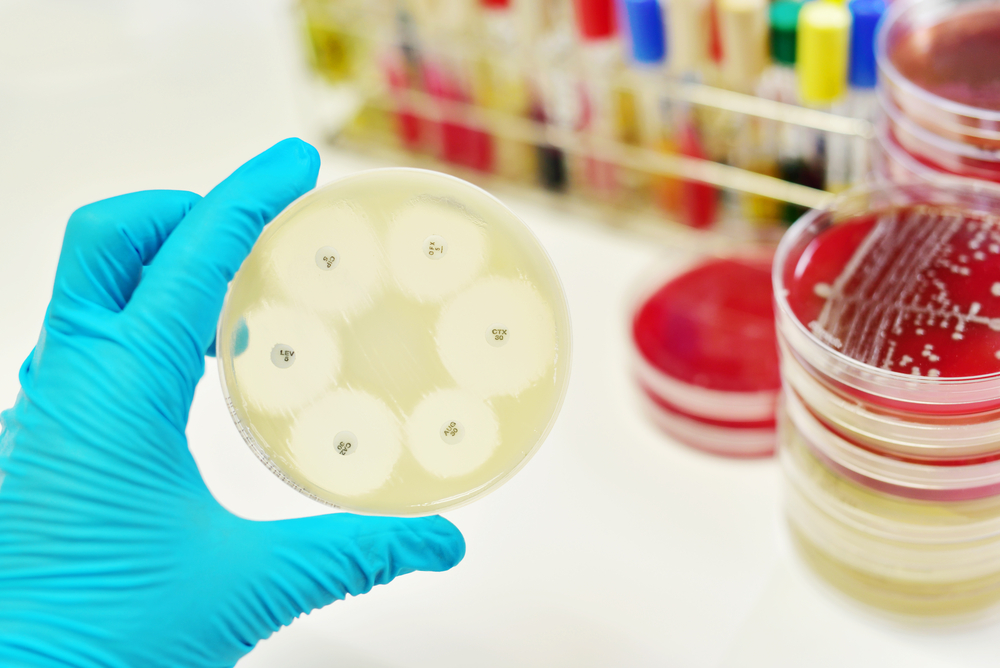
A state-of-the-art research centre to help accelerate the development of new antibiotics is set to be established by the University of Liverpool.
The University has been awarded £630,000 of infrastructure funding by Innovate UK to create the Centre for Antimicrobial Pharmacodynamics (CAP) in partnership with Liverpool School of Tropical Medicine (LSTM) and North Bristol NHS Trust.
Antimicrobial resistance (AMR) is a growing problem worldwide, and with few new drugs making it to the market, there is an urgent need for new drug treatments to manage infections caused by resistant pathogens.
A deep understanding of pharmacodynamics (the study of how a drug affects the body) is a regulatory requirement for the development of antimicrobial drug treatments and enables the right dose of a new drug to be studied the first time.
The new centre will cover a significant gap in the UK’s capability to develop new antimicrobial drugs by providing researchers and companies with access to pharmacodynamics research expertise, facilities and training.
Professor William Hope, University of Liverpool, who will lead the new Centre, said: “Characterising the preclinical and clinical pharmacokinetics and pharmacodynamics of anti-infective drugs is a relatively recent and mandatory regulatory requirement, which has created a bottleneck for AMR project progression because there is a lack of global skills and capacity to meet demand.
“The CAP will build on Liverpool’s existing strength in antimicrobial pharmacodynamics and therapeutics research to give scientists access to the skills and equipment they need to advance the development of new antibiotics.”
The facility will be aligned with AMR accelerators in the USA and Europe and will provide a local resource for around 20 UK and 90 global AMR companies. Capabilities will include state-of-the-art in vitro and in vivo models of infection; preclinical imaging facilities; advanced pharmacokinetics and pharmacodynamics (PK-PD) and mathematical modelling skills, as well as a focus on teaching and training for all aspects of antimicrobial pharmacodynamics.
In addition to the Innovate UK funding, the University will invest in new senior academic posts, while LSTM will contribute state-of-the-art laboratory space in the £24m Liverpool Life Sciences Accelerator building, which is due to open later this year.
The CAP is also the first project to be announced as part of the newly-launched Centre of Excellence in Infectious Diseases Research (CEIDR), a joint collaboration between the University of Liverpool and LSTM.




